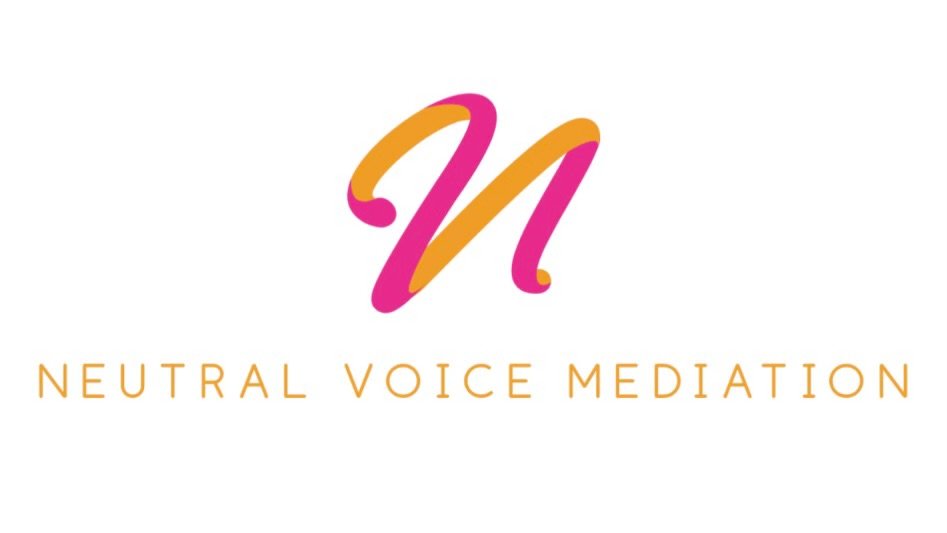Demystifying Mediation: Is It Legally Binding?
Mediation, with its emphasis on collaboration and mutual understanding, offers a refreshing alternative to traditional litigation. Yet, amidst the myriad benefits of mediation, one question often arises: Is mediation legally binding? As a mediator deeply invested in facilitating effective dispute resolution, I understand the importance of clarifying this aspect of the mediation process. In this blog post, we'll explore the concept of legal bindingness in mediation and shed light on what it means for parties involved in the process.
Understanding Legal Bindingness
The term "legally binding" refers to the enforceability of an agreement or decision reached through a particular process. In the context of mediation, the question of legal bindingness centers around whether agreements reached during mediation carry legal weight and can be enforced in a court of law.
The Voluntary Nature of Mediation
Central to understanding the legal bindingness of mediation is recognizing its voluntary nature. Unlike litigation, which may compel parties to abide by court decisions, mediation relies on the voluntary participation and cooperation of all parties involved.
Legally Binding Agreements in Mediation
While mediation itself is not legally binding, the agreements reached during mediation can be. When parties reach a mutually acceptable resolution in mediation, they have the option to formalize their agreement in writing, typically in the form of a mediated settlement agreement (MSA).
Enforceability of Mediated Settlement Agreements
In many jurisdictions, mediated settlement agreements are considered legally binding contracts and can be enforced through the courts if necessary. However, the enforceability of an MSA may vary depending on the specific laws and regulations governing contracts in a particular jurisdiction.
Importance of Compliance and Implementation
While mediated settlement agreements may be legally binding, their effectiveness ultimately depends on the willingness of parties to comply with the terms and follow through with implementation. In cases where one party fails to uphold their obligations under the agreement, the other party may seek legal recourse to enforce compliance.
Conclusion: The Power of Mediation
In conclusion, while mediation itself is not legally binding, the agreements reached through the process can be. Mediation offers parties a flexible and collaborative approach to resolving disputes, empowering them to craft solutions that meet their unique needs and interests. By fostering open communication, understanding, and mutual respect, mediation helps parties reach agreements that are not only legally enforceable but also sustainable and conducive to preserving relationships in the long term. Ultimately, the true power of mediation lies in its ability to empower parties to take ownership of their conflicts and find constructive paths forward, whether or not the agreements reached are legally binding.

